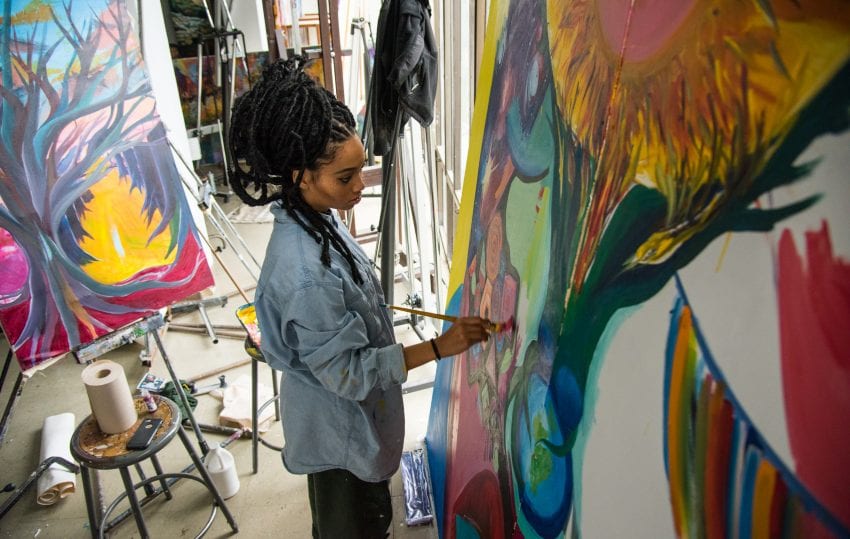A liberal arts degree is on the best ways to prepare yourself for a full and successful life, no matter what you end up doing. While some people think of a liberal arts degree as leading to less “essential” careers than STEM subjects, the truth is that liberal arts are designed to make you a critical thinker and excellent researcher with skills that transfer to every walk of life.
What is the point of a liberal arts degree?
While other degrees focus on elevating your knowledge of a single subject or related subjects, or on giving you the skills to advance in a single type of career, a liberal arts education is designed to help you become a wiser and more skilled individual. It teaches you how to express yourself, how to think critically, how to solve problems, and how to work effectively as part of a team.

With a liberal arts degree, you are set up to understand the bigger picture rather than just a smaller piece, which is a skill that employers are increasingly looking for. Graduates with a liberal arts degree are prepared to go on to graduate degrees, certification programs, or directly into the job market.
What do you study when you earn a liberal arts degree?
Language
To earn a degree in the liberal arts, you will need to excel in your command of English. You will study English literature, past and present, as well as hone your writing skill. You will learn how to research effectively and how to make effective speeches and presentations.
History
The liberal arts requires you to have a good grasp of history as a foundation for understanding the present world, human society, and the future. You will take a number of history courses, and if this subject interests you there will be many history electives to choose from.
Philosophy and sociology
In the liberal arts, it is important that you be able to reason and think clearly. Studies in philosophy will expose you to the great thinkers of human civilization and give you a foundation in logic and debate. Sociology will help you to understand how and why people act as they do, how we make decisions, and what can be done to change human behavior.

Technology
As part of a well-rounded education, you will also need to study how to effectively use modern technology. Depending on your level of expertise when you arrive, you may take classes in computer programming or more general computer and technology use.
Mathematics
Your liberal arts degree will ensure you have a good foundation in mathematics. You will take at least one general math course. If you enjoy math or wish to pursue a degree or job where mathematics skill will be useful, you can take electives in higher math such as calculus, linear algebra, and engineering mathematics.
Sciences
Over the course of your study, you will take classes in many areas of science, including the physical sciences, biological sciences, and social sciences. Depending on what you specialize in and where your interests lie, you might take extra electives in physics, chemistry, biology, or environmental geography.
Government and economics
Understanding how human beings have organized themselves through history is important to understanding the world as it is. In the liberal arts, you will study the principles of government and how those have worked themselves out through the ages. You will also learn theories of economics and various economic systems.

Fine arts
A well-rounded person should be exposed to the fine arts. Music, art, sculpture, film, and other similar disciplines broaden the mind and teach you new and effective ways of communicating your passions to others. If you choose to specialize in the fine arts there will be many electives you can pursue in whichever field appeals to you.
How do I know exactly what I will study?
When you look into your program, be it a four-year on-campus program or an online liberal arts associates degree, you will be able to see which classes are required and which are elective. You will start your degree with required classes in English, mathematics, philosophy, technology, and the sciences.
Once you have completed some of the required classes, you can choose a specialization for the rest of your studies. There you can choose elective classes that interest you or will help you in your future career.









